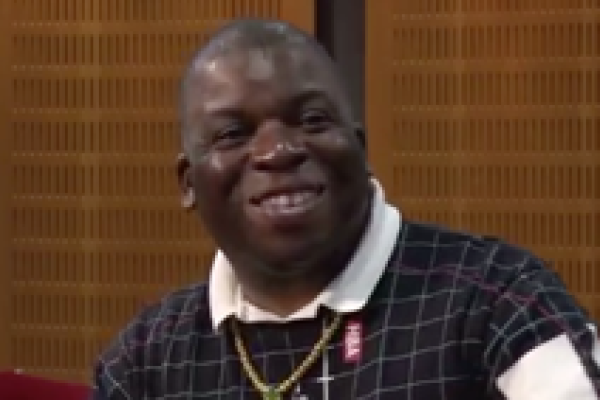Article

Time in a block universe
Fundamental physics says time is symmetric - so why does time move forwards for us in a block universe?

In these two short videos the legendary Andrew Wiles talks about what it was like to prove Fermat's Last Theorem, and what it feels like to do maths.
Image © Heidelberg Laureate Forum Foundation / Flemming – 2016

